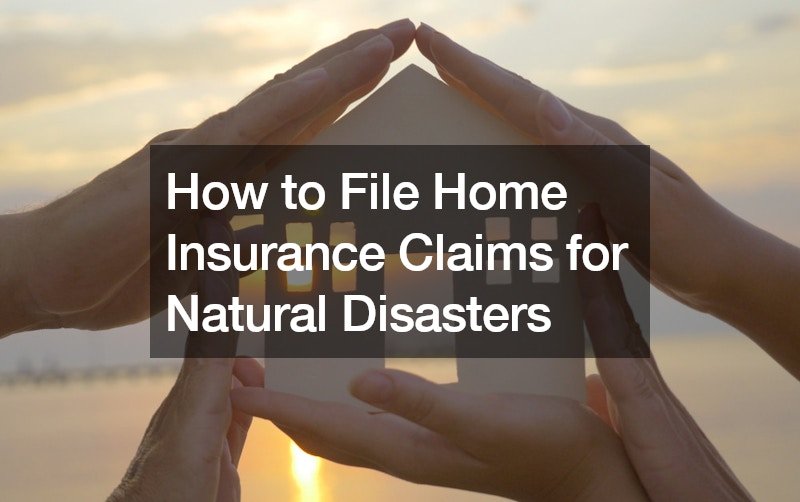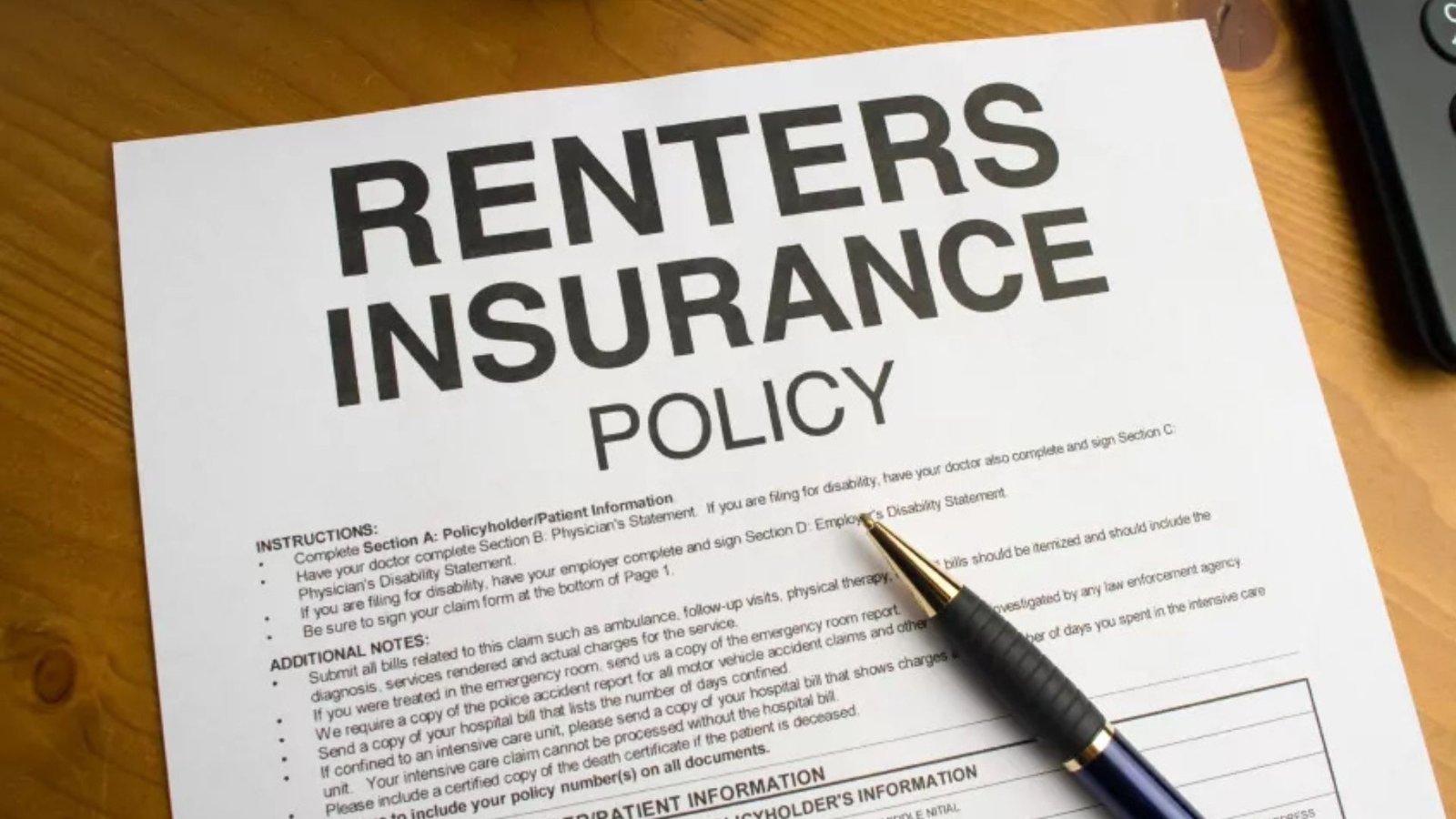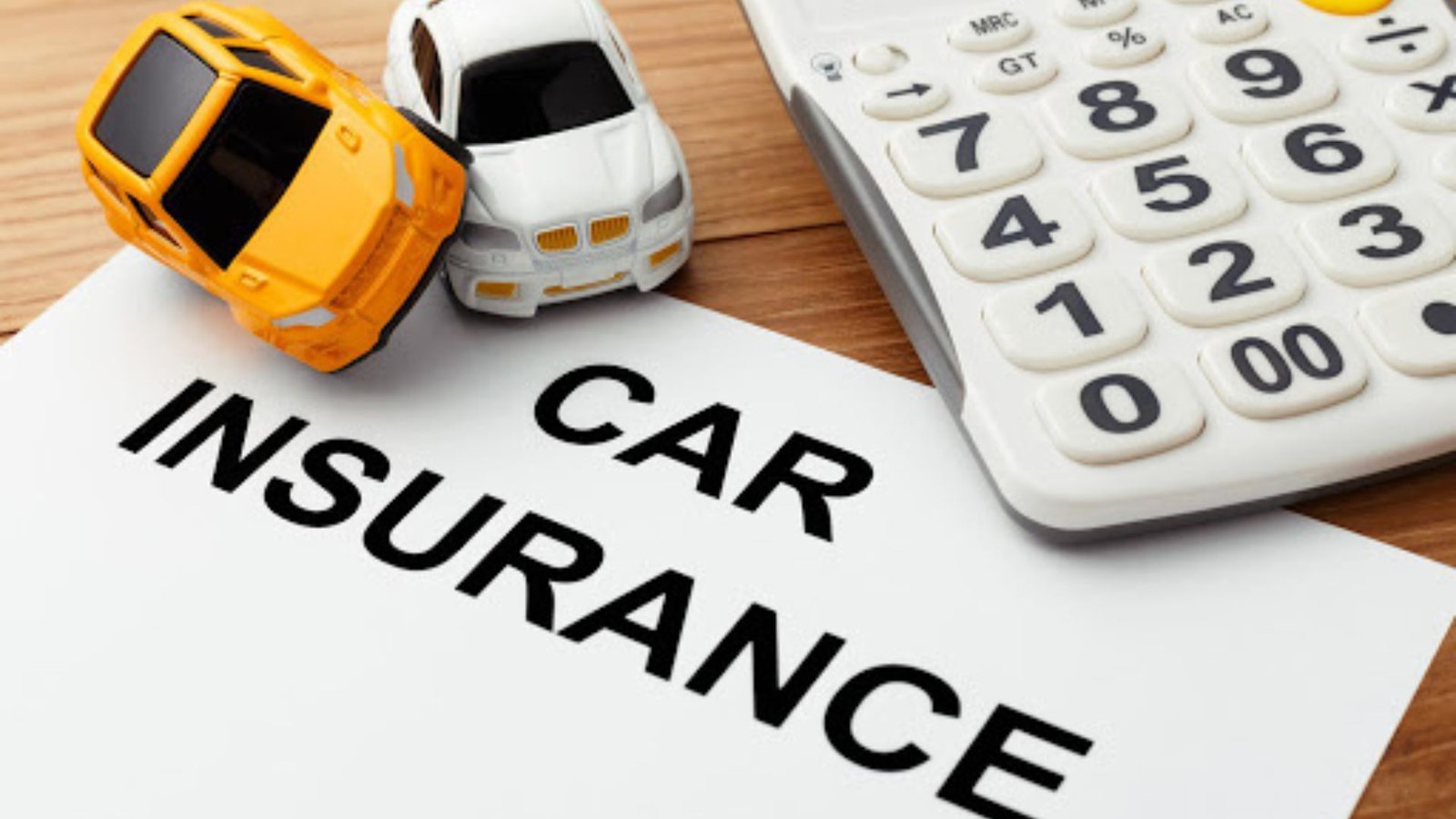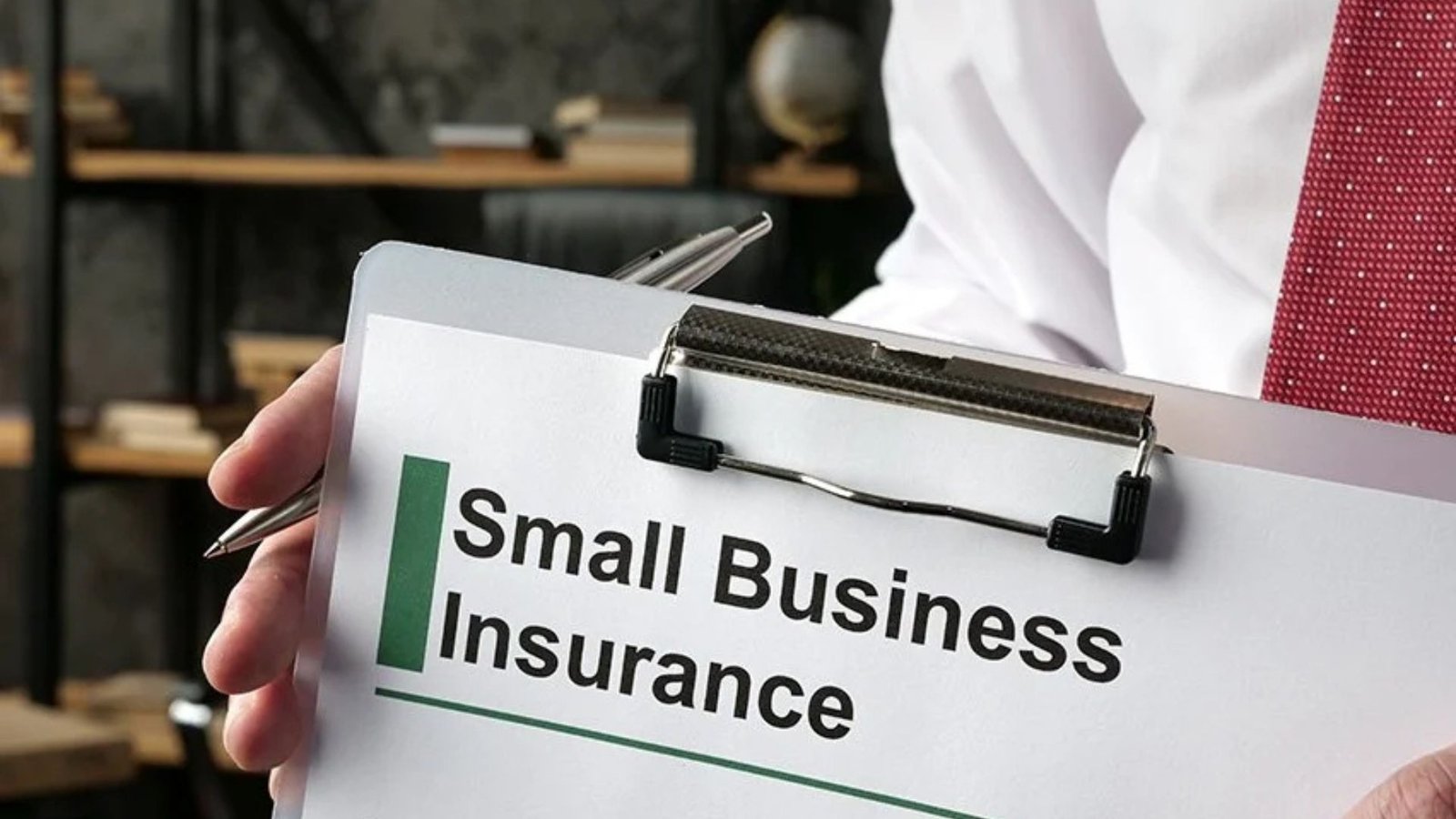Disasters can strike without warning, whether natural, like hurricanes, earthquakes, and floods, or man-made, such as fires or industrial accidents. When such events occur, the financial, emotional, and physical toll can be overwhelming. This is where insurance steps in as a crucial safety net, helping individuals, families, and businesses manage the aftermath. By understanding the role of insurance in disaster preparedness, you can better prepare for these unpredictable events and ensure you are financially protected when disaster strikes.
How Insurance Helps with Disaster Preparedness
Insurance is a key element in disaster preparedness because it allows individuals and businesses to recover financially. By having the right policies in place, you can reduce the financial burden caused by disasters and protect yourself, your loved ones, and your property. Here’s how insurance plays a vital role:
1. Protecting Property and Assets
Homeowners’ insurance is one of the most common ways individuals safeguard their homes and personal property against disasters. In the case of events like fires, floods, or hurricanes, property insurance provides compensation for damage or loss of property, enabling homeowners to rebuild and replace items that were destroyed.
However, it’s important to note that not all disasters are covered under standard policies. For example, standard homeowners’ insurance often does not cover flood damage or earthquakes. In such cases, additional coverage options, such as flood insurance or earthquake insurance, are necessary. These policies can be tailored to meet the specific risks in your area.
2. Providing Financial Support for Business Continuity
For businesses, insurance is equally important in disaster preparedness. Natural disasters, fires, or other unforeseen events can disrupt operations and result in significant financial losses. Commercial property insurance helps protect business assets, including buildings, equipment, inventory, and supplies, from destruction.
In addition, businesses may consider business interruption insurance, which covers the loss of income if the business cannot operate due to a covered event. This ensures that businesses can continue to pay employees, cover operating costs, and recover more quickly from disasters.

3. Ensuring Health and Medical Coverage
Disasters can also lead to health-related emergencies. Whether it’s injury from a natural disaster or medical needs arising from stress or trauma, insurance plays a critical role in providing healthcare coverage. Health insurance helps individuals access medical care and treatment during and after disasters. With the proper health insurance coverage, people can avoid overwhelming medical bills while focusing on recovery.
For those living in areas prone to specific types of disasters (e.g., floods or earthquakes), certain health insurance plans may even offer additional services or resources, such as mental health support, which can be crucial in helping individuals cope with the emotional fallout from a disaster.
4. Offering Emergency Assistance
In many cases, insurance providers offer emergency assistance services, such as 24/7 helplines, evacuation services, or assistance with temporary housing. These services can be especially helpful during a disaster when you may not know where to turn for immediate support. Emergency travel insurance is also an option for those who need to evacuate quickly or travel due to an emergency situation.
5. Supporting Long-Term Disaster Recovery
After the initial shock of a disaster, the road to recovery can be long and challenging. Insurance helps ease the recovery process by providing financial resources to rebuild homes, replace lost property, and repair or replace damaged infrastructure. Additionally, some policies cover temporary living expenses if your home becomes uninhabitable, offering crucial support during the rebuilding phase.
Disaster recovery is often a slow process, and insurance policies that offer comprehensive coverage and support can significantly shorten the recovery time for families and businesses alike.
How to Ensure Your Insurance is Disaster-Ready
While insurance plays a significant role in disaster preparedness, not all policies are equal. It’s essential to ensure that your insurance coverage is comprehensive enough to meet the risks posed by potential disasters in your area. Here are some steps to take to ensure your insurance is disaster-ready:
1. Assess Your Risks
Start by assessing the risks specific to your area. Are you in a flood zone? Does your region experience frequent earthquakes, wildfires, or hurricanes? Understanding the potential risks will guide you in choosing the right types of insurance coverage.
2. Review and Update Your Policy Regularly
Your insurance needs may change over time. As you acquire more assets, upgrade your home, or experience life changes, it’s important to review and update your insurance policy regularly. This ensures that you have the coverage needed to protect your assets.
3. Add Supplemental Coverage for Specific Disasters
As mentioned earlier, standard homeowners’ insurance policies may not cover certain types of damage, such as floods or earthquakes. If you live in an area susceptible to specific disasters, you should add supplemental coverage like flood insurance, earthquake insurance, or wildfire insurance.
4. Keep Documentation of Your Assets
To make the claims process smoother, keep an up-to-date inventory of your assets, including valuable items, personal property, and home furnishings. This inventory, along with photographs or videos, can help you prove your losses if you need to file a claim after a disaster.
5. Understand the Claim Process
Familiarize yourself with the claims process for your insurance policies before a disaster occurs. Knowing how to file a claim, the documents you’ll need, and the timelines for claims will save you time and stress when you need to act quickly.
Conclusion
Insurance plays a pivotal role in disaster preparedness. By having the right policies in place, individuals and businesses can mitigate the financial impacts of disasters, protect their assets, and ensure they have the support they need during recovery. It’s important to assess your risks, regularly update your coverage, and be prepared for the claims process. In doing so, you’ll be better equipped to navigate the challenges of a disaster and rebuild with less financial strain. Ultimately, insurance helps provide peace of mind, knowing that you’re financially prepared for the unexpected.











